|
Listen to the episode by clicking the link to your preferred podcast platform below: I’m thrilled to announce that today my guests are two of my former students—Eliel and Rachel. In this discussion, they talk about their high school experiences as well as how things shifted in college. Imagining What School Could Be When I asked each of them what their dream for school is, Eliel responded by saying he wishes school would be a space where students could gain skills that would be useful for them in the real world. Although Math, Science, and English are important, there are so many more subjects that students never have the chance to explore such as learning about cryptocurrency, investing, and culinary skills. It makes him wonder, why can’t we expand student choice in that way? In Rachel’s opinion, a great school experience is one where there is a student-centered curriculum and enough materials in each class to make learning fun and rewarding. Having an advisor or counselor that can assist students with questions or issues is also something she’d like to see. It’s a great point because having systems in place to support students will mean all students, families, and members of the school would rally together to find solutions that work. In terms of creating a more personalized learning experience, Eliel imagines that teachers can make this happen by inviting more guest speakers who are experts in niche areas that interest students. For instance, if some students want to hear about what is needed to become a nutritionist, there could be a nutritionist coming to speak to students and answer their questions. Many schools have after-school programs. Creating special after-school programs where kids can learn to play an instrument or language or anything else is a big possibility as well. Pay Attention to Students' Interests & Partner With Them The idea of partnering with students still gets judged as radical but there is a growing number of schools that see the value in trying it. Students are far more likely to participate in the projects, lessons, and discussions when they have a say in how the rules and systems are constructed. Eliel can personally speak to this as someone who used to be in student government. In the past, when he and his group would have meetings with school staff, adult efforts to collaborate and not dismiss student ideas stood out to him. Rachel shared that teachers don’t have to worry about trying to pick the perfect lessons for students, just ask students what they’re interested in. Take the guess work out. In high school, she said it was easier to talk directly with the instructor but in college, there was less direct communication. For this reason, it’s a good idea to have assistants and tutors that can help students 1 on 1 if teachers have limited availability. “I would like for people to remember that when students go to school, they face so many difficulties and changes they have to go through. Some students may not have the same privileges as other students...So for me, I believe that schools have to create the systems that will benefit all students so that nobody will be left out.” Moving forward, the first step school leaders should take is really getting to know their students by listening more. Let students take the stage and see how much you can learn from them. From there, work with students to increase equity and introduce new policies that bring a wonderful educational experience to all. Thanks for reading! Continue the conversation below in the comment section and join our community of educational visionaries on Instagram, LinkedIn, and Facebook. Until next time leaders, continue to think big, act brave, and be your best self.
0 Comments
Leave a Reply. |
Details
For transcripts of episodes (and the option to search for terms in transcripts), click here!
Time for Teachership is now a proud member of the...AuthorLindsay Lyons (she/her) is an educational justice coach who works with teachers and school leaders to inspire educational innovation for racial and gender justice, design curricula grounded in student voice, and build capacity for shared leadership. Lindsay taught in NYC public schools, holds a PhD in Leadership and Change, and is the founder of the educational blog and podcast, Time for Teachership. Archives
May 2024
Categories |
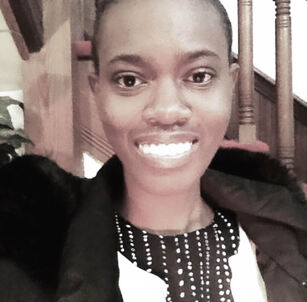
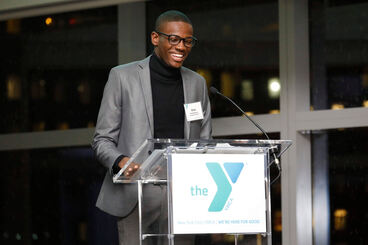
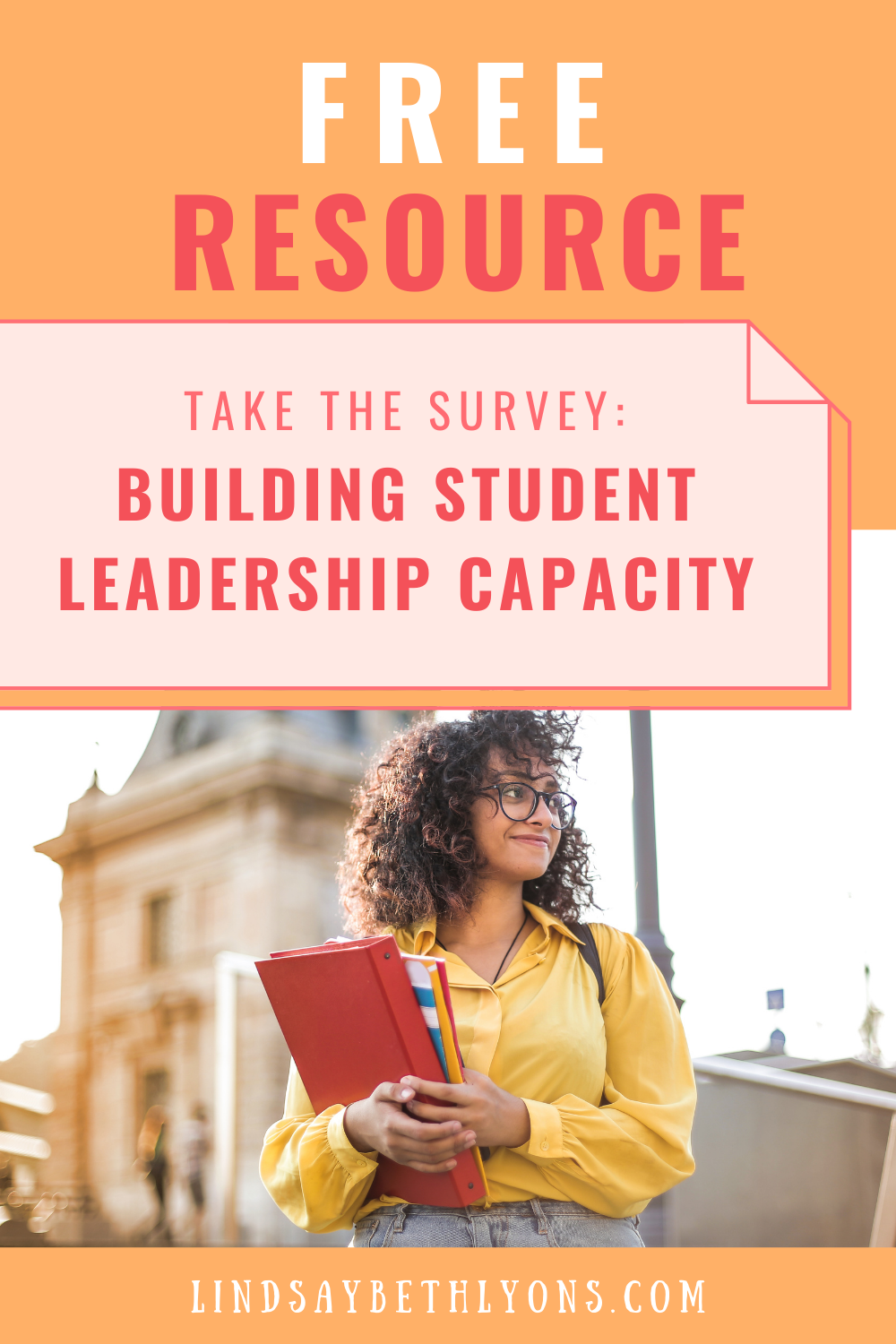
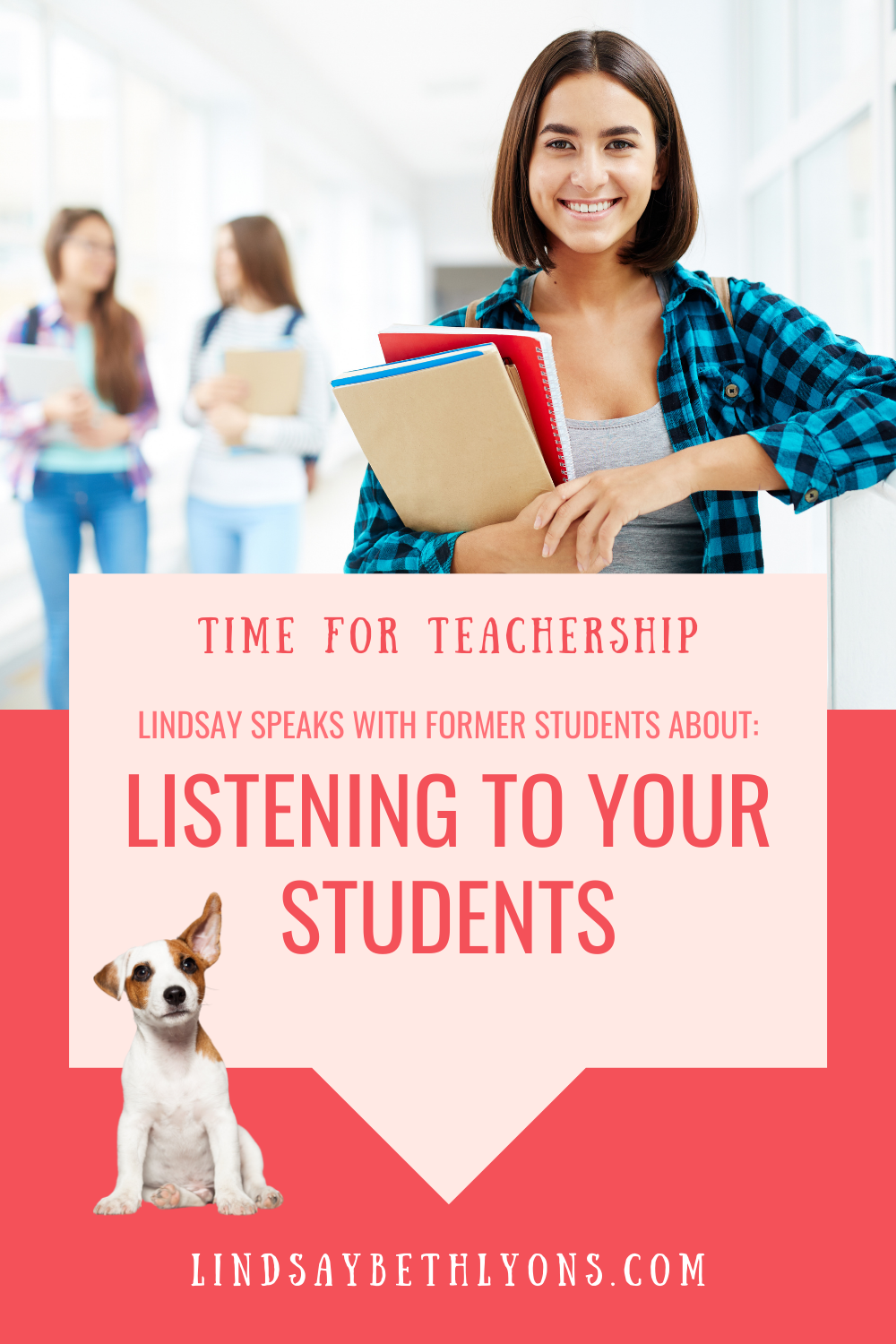
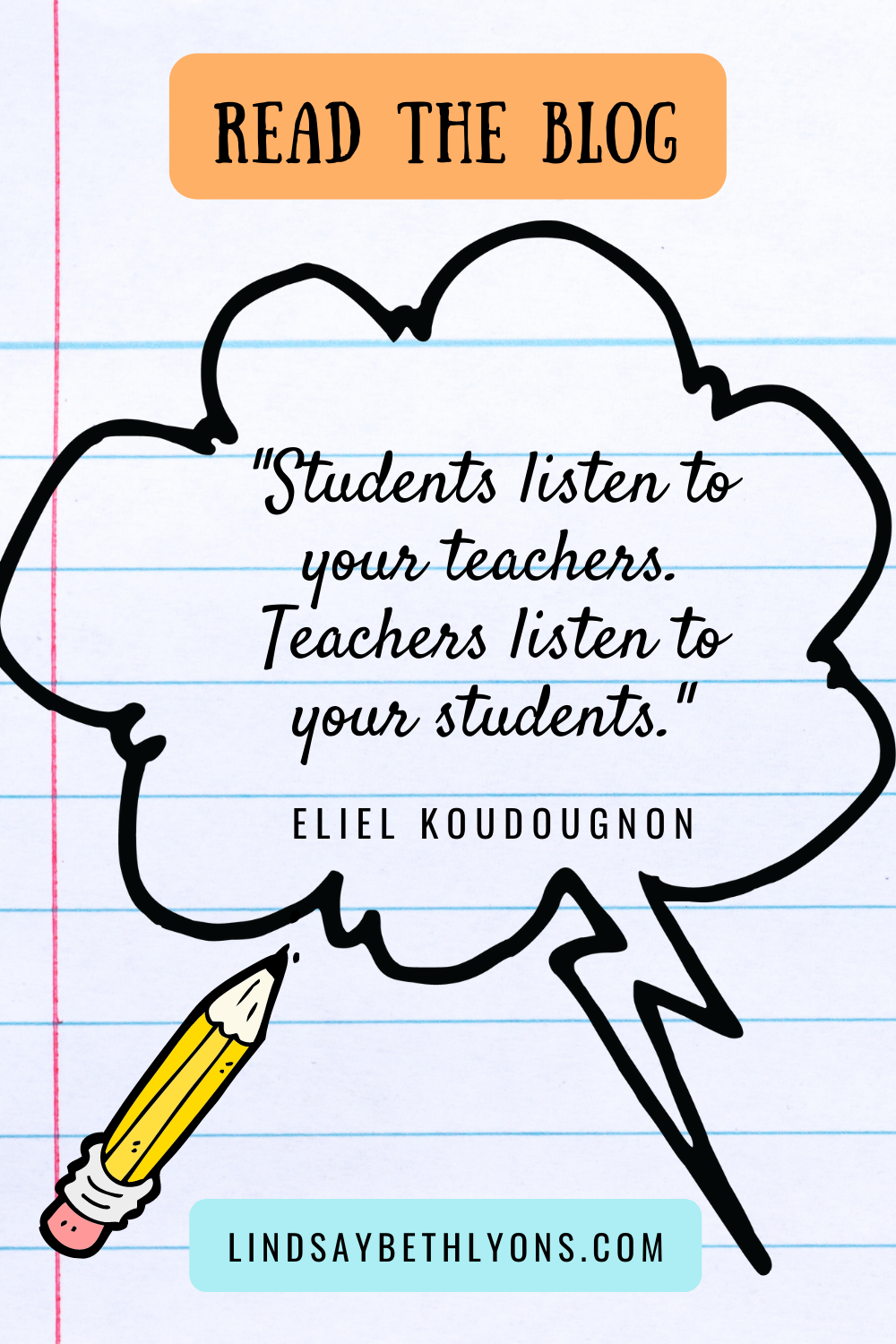
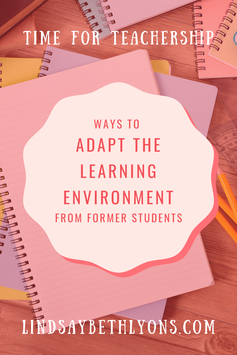

 RSS Feed
RSS Feed